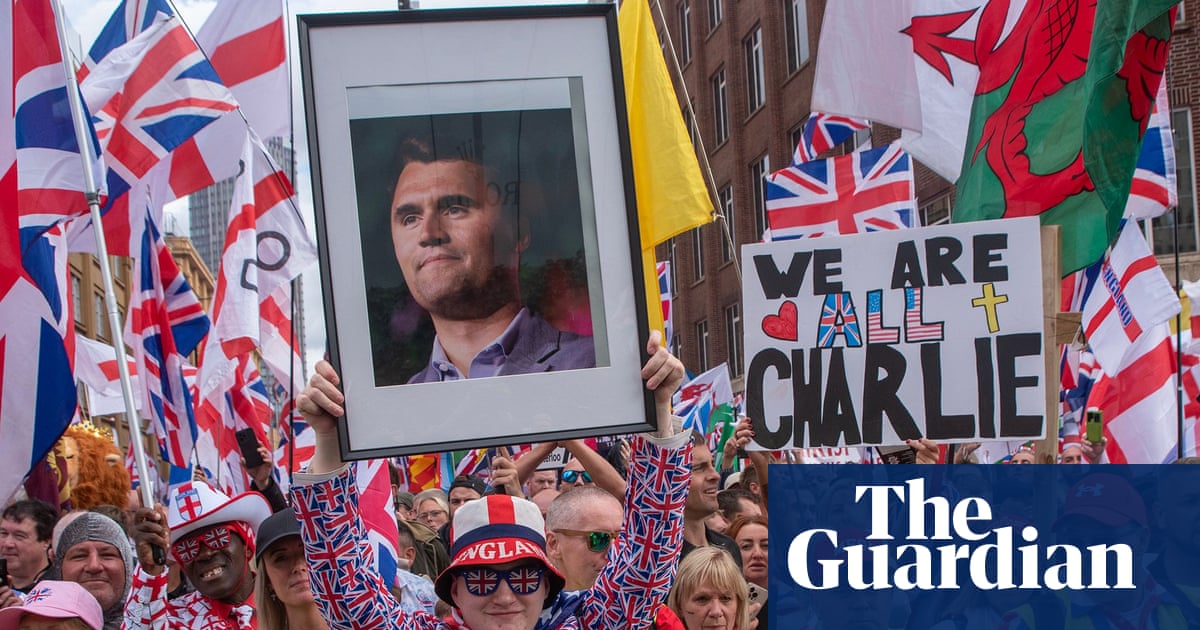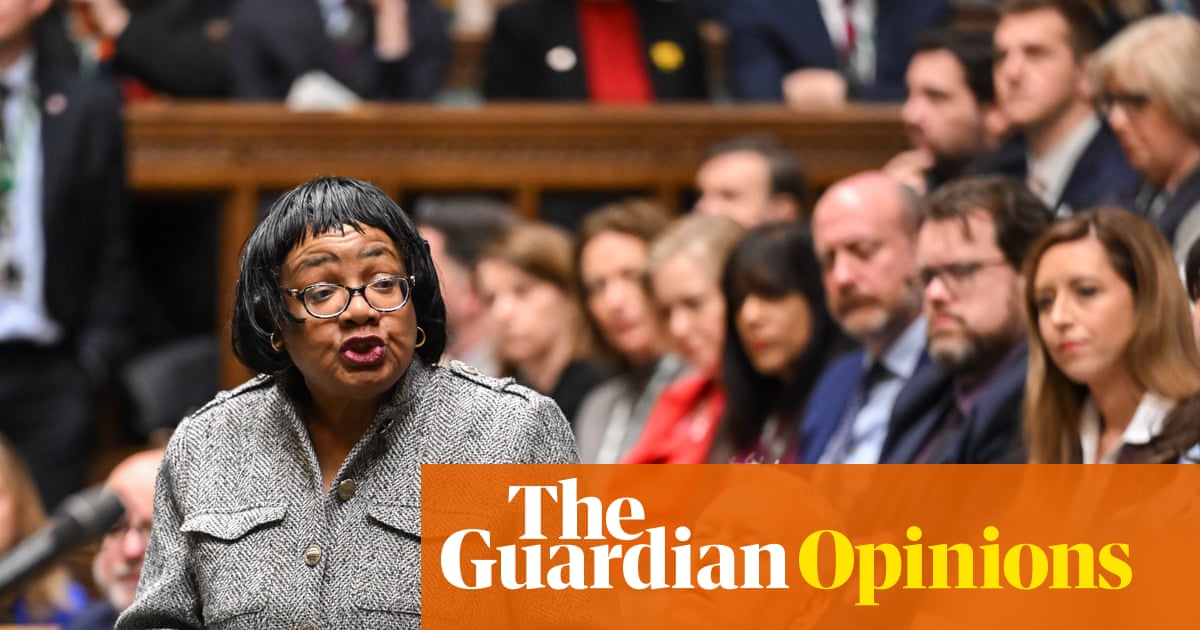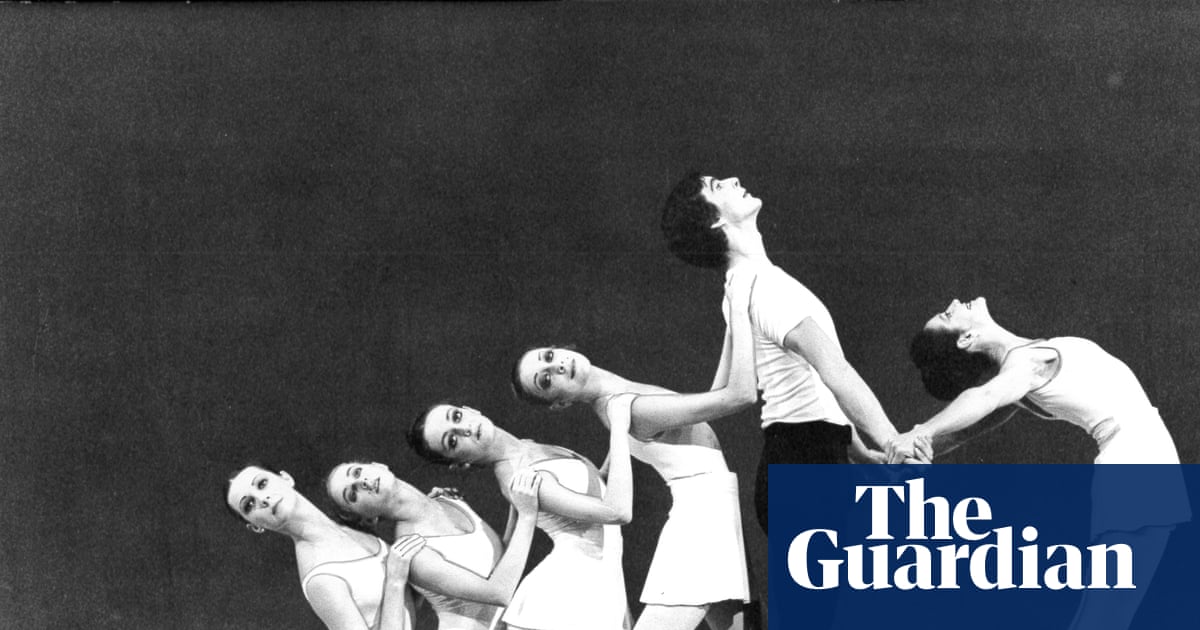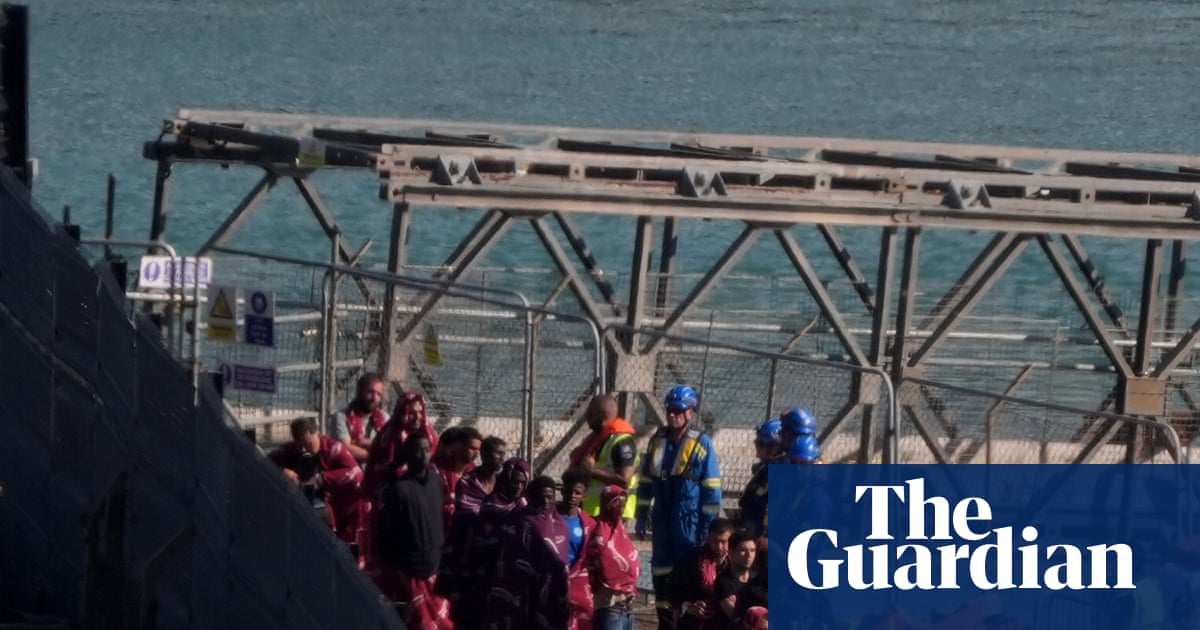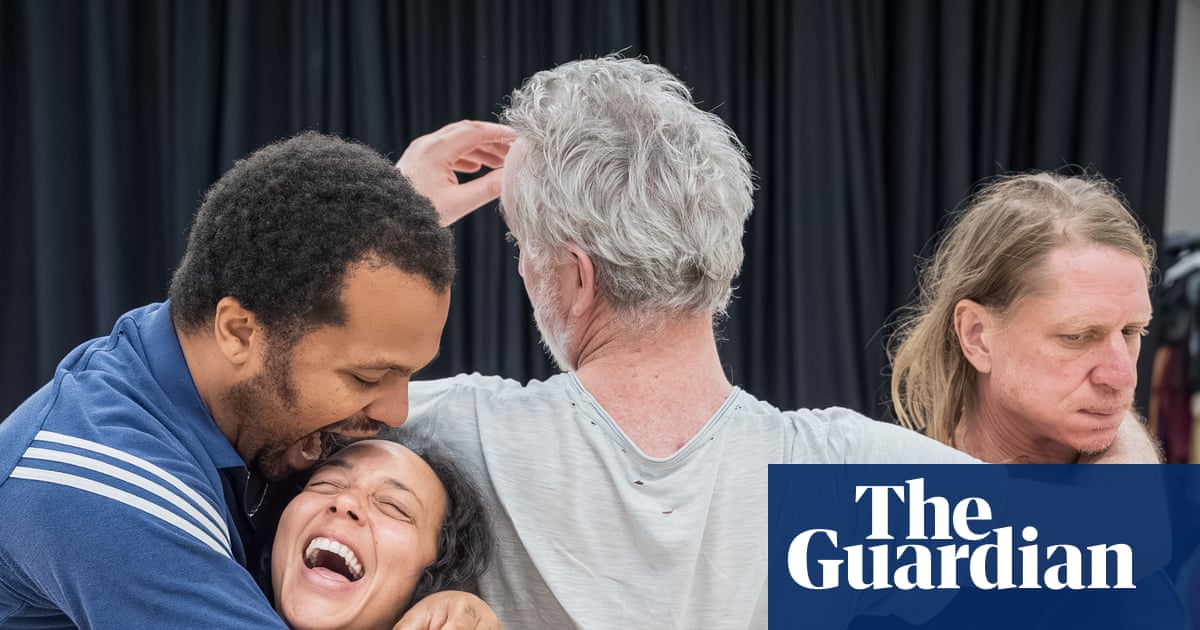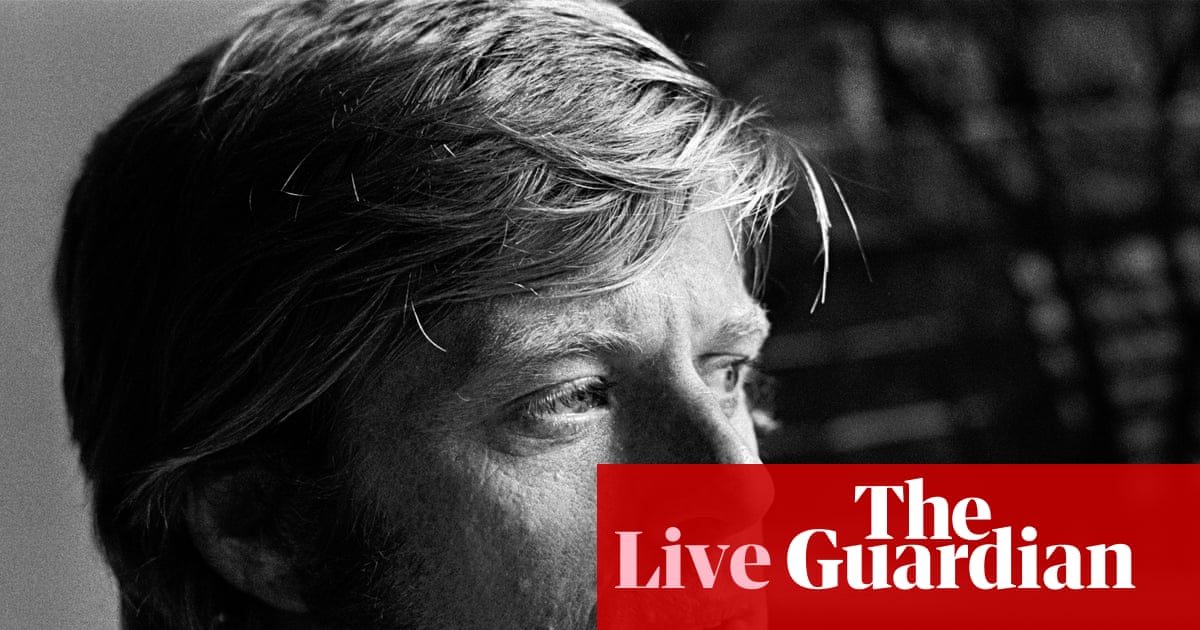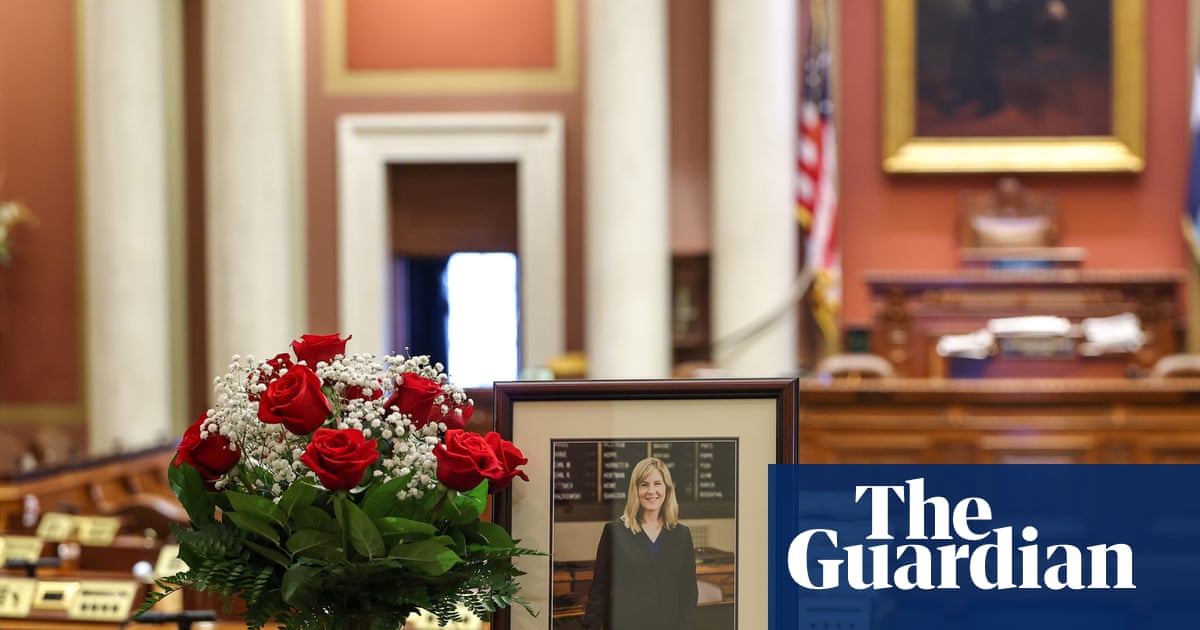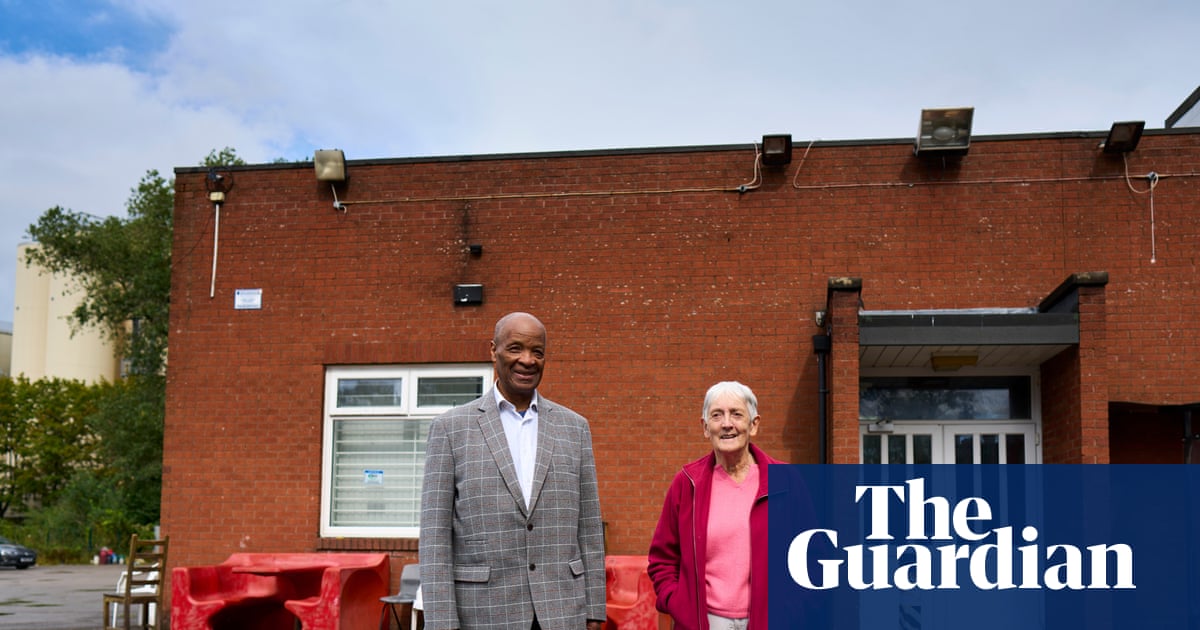“It’s going to be interesting to see how many people vote for them,” says Karen, a nurse from Larkhall, South Lanarkshire.
“Labour and the SNP are expected to be the main contenders in this byelection, but more and more people are talking about Reform.”
There are murmurs of agreement from other voters at this focus group, organised by public opinion researchers More in Common ahead of the 5 June byelection for the Holyrood seat of Hamilton, Larkhall and Stonehouse, in Scotland’s central belt.
“Do you think it will surprise people?” asks the convenor, Luke Tryl.
There’s some laughter, and further agreement. “I think so,” agrees Liam, an accountant from Stonehouse. “It’s going to be surprising to people in Scotland”.
After the death of the popular Scottish National party MSP Christina McKelvie in March, this contest was anticipated as a typical two-horse race between the nationalists, whose ship has been steadied by current leader and first minister, John Swinney, following successive scandals, and Scottish Labour, which has lost momentum since last July’s general election because of unpopular Westminster policies.
But over the past six weeks canvassers of all stripes report a significant shift, with Reform UK gaining ground, particularly since their success in the English council elections, and speculation that the party, which has previously polled at half of the support enjoyed south of the border and whose leader Nigel Farage remains, according to that same polling, deeply unpopular in Scotland, may push Labour into third place.
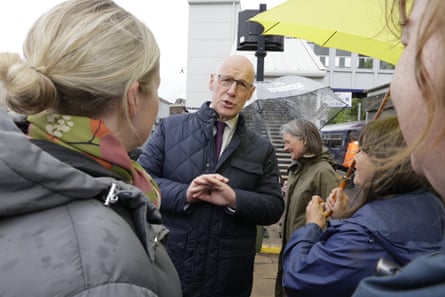
As Liam tells the group: “I’ve always been a SNP and a Labour voter, but I’m running out of options now. Is Reform the change that’s needed?”
It’s “time to give someone else a chance”, says Jamie, a service engineer from Hamilton even though he thinks Farage is an “arsehole”.
The language is “shockingly familiar”, says Tryl, to what he’s heard from disillusioned voters in England and Wales. While Farage has historically struggled to gain a foothold in Scotland, Tryl suggests this “could be starting to change”.
This dissatisfaction – the “scunner” factor – is reflected across a constituency made up of post-industrial towns, faded town centres and outlying housing estates and villages isolated by poor public transport.
It is also an area of deeply embedded sectarian division, with enclaves of strident support for Rangers football club, the Protestant fraternity the Orange Order and the union. In Larkhall, the sandwich chain Subway once had to remove the colour green from their livery because of its association with Catholic-founded Celtic football club.
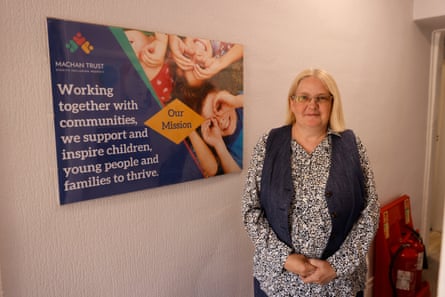
While that century-old fissure has healed considerably in recent years, Fiona Dryburgh, CEO of Larkhall’s Machan Trust, a community group, is “scared” of how years of anti-sectarian work is being undone. She would like to see more action to counter Reform’s misinformation, “but it’s difficult for other parties because no one believes them”.
Earlier this week, Swinney called on Meta to act on a particularly egregious example of misinformation – a Reform advert that claims the Scottish Labour leader, Anas Sarwar, said he would “prioritise the Pakistani community” with no evidence to support it.

Speaking at an event in Westminster on Tuesday, Farage defended the video, saying Sarwar “introduced sectarianism into Scottish politics” and claimed his party only shared words used by the Scottish Labour leader. The words ascribed to Sarwar by Reform do not appear in the clips they shared.
Dryburgh says: “I’m quite scared because we’ve done so much anti-sectarian work here very successfully but now I’m hearing so much about immigration.”
She sees the impact at the breakfast and after-school clubs she runs. “Parents are having fights about it on Facebook, then their kids bring it into groups. We had to put one child out of a group for doing a Nazi salute and using the N-word. They were 10 years old.”
Some Scottish Labour figures have expressed private dismay at the strength of support for Reform and voter dissatisfaction with Keir Starmer and Rachel Reeves. “Winter fuel payment comes up on every door,” says one – and even last week’s U-turn is dismissed as opportunism. Senior Westminster figures are expected to lend their support in person over the final week.

On a rainy bank holiday Monday, the SNP candidate Katy Loudon was flanked by Scottish government ministers, former MPs and Swinney himself, who described the contest as “too close to call”.
SNP canvassers confirm they too have encountered voters “more comfortable saying they are voting Reform” as well as a general sense of “apathy and promises not delivered”.
Meanwhile Reform anticipate a “tartan bounce” following their council election wins. “Nigel has proved his credibility with voters,” says a party source, agreeing that success in Hamilton “sets the tone for Holyrood 2026”.
During a campaign visit on Tuesday, Sarwar admitted some voters were treating this byelection as an opportunity to show their “frustrations” with both the UK and Scottish governments.
“I think, undoubtedly, that people are scunnered with politics … Many people are looking at the most reactive option.”

 3 months ago
93
3 months ago
93
